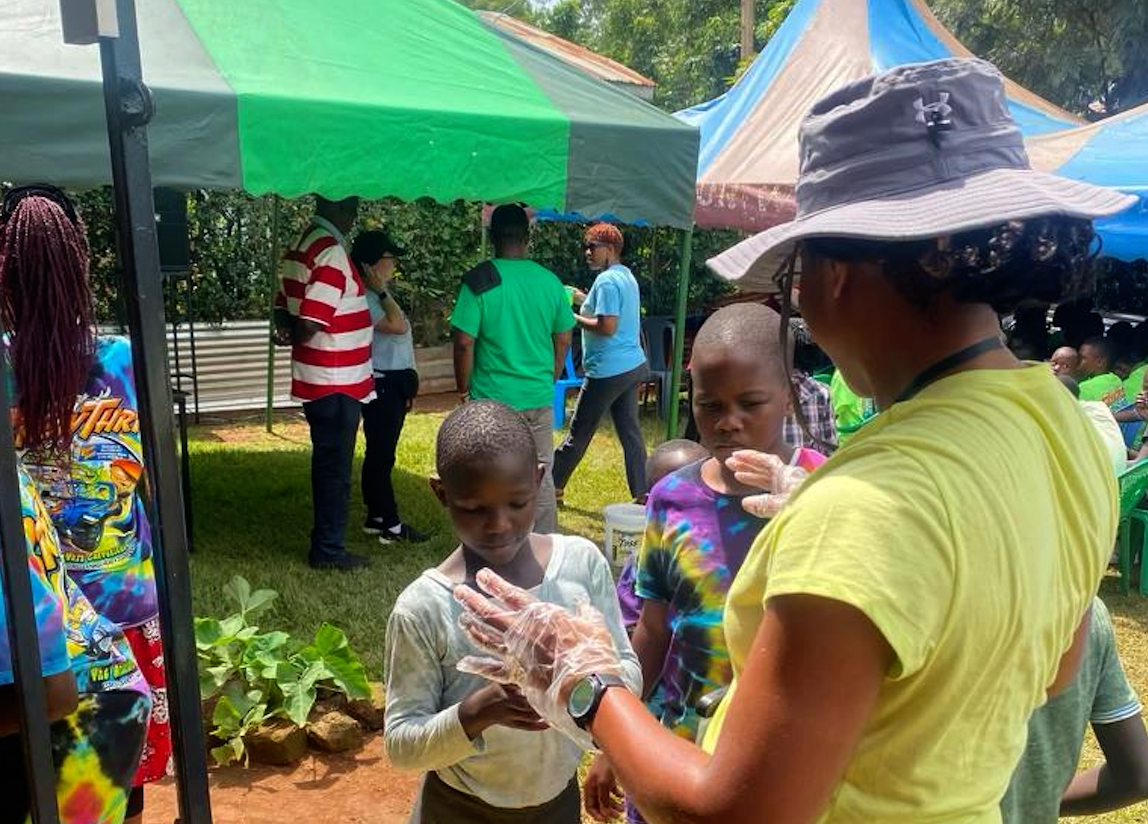Curriculum Overview

on this page:
Overview
The UNC Charlotte Master of Public Health (MPH) Program is a 45-credit, in-person program. The Graduate School defines full-time enrollment as 9 credits per semester, with 12 credits being the maximum load. The MPH program is nominally a 5-semester program. The program can be – and often is – completed in as little as two academic years (including summer), by taking the maximum load several semesters in a row.
Two-year plans of study by concentration can be found in the MPH Student Handbook for both the Fall and Spring semester start. This a quick link to our plans of study. Students individualize these plans with their academic advisor. Students may combine the MPH program with a graduate certificate or a second (dual) master’s degree. For the most part, adding a concentration does not add time to degree completion. However, adding a second/dual degree extends the expected time to degree completion by 1-3 semesters. In all cases, The Graduate allows 7 years as the maximum time to completion for all degrees and certificates for master’s-level candidates.
The program’s 45 credits are distributed as follows:
- Core courses (15 credits)
- Internship (3 credits)
- Concentration (18 credits)
- Electives (9 credits)
Descriptions for most of the program’s courses can be found at the bottom of the left-side menu under ECH courses.
Core
Our core curriculum, comprised of 15 credits (five 3-credit courses), is taken by all MPH students, regardless of concentration. Full-time students who begin the program in the fall, typically take 3 core courses in their first semester, and the remaining 2 in their second semester. Full-time students who begin the program in the spring, take 2 core courses that semester, and the remaining core courses in their second and third semesters. Our plans of study, linked above, display progress through the core for full-time students.
The core curriculum lays the groundwork for public health practice as it covers the 22 foundational competencies required by the Council on Education for Public Health (CEPH) as essential to a Master of Public Health graduate.
More information about the specific courses that make up the core can be found on the MPH Program page of the UNC Charlotte Graduate Catalog.
Internship
The internship, also known as the applied practice experience (APE), is an intensive, supervised experience required for all students. Students work as professionals in a variety of public health settings (community-based agencies, state and local health departments, hospitals, community-based clinics, research institutes, etc.) for a minimum of 160 hours.
Using the internship site as the “organizational laboratory,” the APE provides a structured opportunity for students to apply theories, ideas, principles, and skills learned in the classroom to public health practice. It is intended to develop direct understanding through hands-on experience in public health or health promotion organizations thereby exposing the student to organizational cultures, management systems, operations and resources, programs and services, and priority populations.
Internship experiences are a collaboration between the student and the student’s internship site preceptor. During the internship experience, students engage in the accompanying 3-credit course, HLTH 6471: MPH Internship.
Internship sites may require criminal background checks, drug screens, etc. at the expense of the student. See the Common Internship Requirements for more information.
Concentrations
The MPH program at Charlotte offers four concentrations for students to choose from during their first semester. These concentrations allow for more focused and content-specific classes that build knowledge, skills, and professional competence. While the concentrations are limited to one designation per student, there is an option to use elective courses to explore other areas of interest while completing the degree.
Each concentration consists of 18 credits (six 3-credit courses), including a capstone course. The Capstone, taken in the last semester of the MPH program, is a culminating experience also known as the integrated learning experience (ILE). During the course, students engage in significant professional development activities and develop a concentration-specific capstone project. The capstone is designed to showcase the knowledge and skills students gain during the program.
Community Health Practice (CHPR)
The Community Health Practice (CHPR) concentration is designed to train students to conduct the 3 core functions of public health*: assessment, policy development, and assurance. Students gain a solid foundation in health equity and health disparities while learning and applying skills to develop, implement and evaluate programs and policies to improve health and well-being. Students gain competence in measuring health behavior, designing appropriate evidence-based interventions, and implementing and evaluating health promotion and risk reduction services.
The concentration experience culminates in a capstone course where students develop a community-based grant proposal for an evidence-based health promotion program. Students completing the Community Health Practice concentration are eligible to sit for (and pass) the Certified Health Education Specialist (CHES) exam.
Epidemiology (EPID)
Epidemiology is the study of the distribution and determinants of health-related states or events in specified populations and the application of this study to prevent and mitigate health problems. Our MPH concentration in Epidemiology (EPID) provides students with a broad understanding of epidemiological principles and its application to public health practice. Students learn to investigate social, behavioral, and environmental factors that influence the risk of disease in the population. Epidemiology is the science of publichealth requiring students to have a combination of health knowledge, people skills and data analytic skills.
Students develop the quantitative and methodological competence necessary to design, conduct, analyze, and disseminate epidemiological studies.
The concentration experience culminates in a capstone course where students develop State of the County Health reports, a common report disseminated by local health departments that presents an overview of select health indicators through data analysis and data visualization.
Health Policy (HPOL)
Health policy *(HPOL), Charlotte’s newest MPH concentration, prepares individuals to engage in policy and advocacy activities that advance equity, eliminate health disparities, and transform systems. Students enrolling in the concentration must start the MPH program in the fall semester. Students learn to collaborate and communicate with policy makers, community members, and other invested groups to facilitate equitable decision-making that leads to policies that support public and population health.
The concentration experience culminates in a public health-oriented policy brief that offers multiple policy recommendations based on in-depth issue analysis that assesses direct and indirect population impacts, and also provides communication strategies for interested parties vested in the issue.
Physical Activity and Nutrition (PANU)
This concentration is no longer accepting applications.
The Physical Activity and Nutrition (PANU) concentration is designed to train students to develop, deliver, and assess population-based, health promotion interventions related to improving physical activity and nutrition. These activities include selecting appropriate behavior assessment tools, designing appropriate educational interventions, and assessing behavioral levels to determine risk.
The concentration experience culminates in the design of a nutritional or physical activity assessment and evaluation proposal for a priority population of their choice. Supporting proposal components include identification of local community partners, a short policy analysis, a brief environmental scan, intervention recommendations, and assessment of public health impact.
More information about the specific courses that comprise the MPH concentrations can be found on the MPH Program page of the UNC Charlotte Graduate Catalog.
Electives
MPH students take 9 credits (three 3-credit courses) of electives as part of the degree program. Before registration, the program director typically sends out a listing of courses that satisfy the elective categories for the upcoming semester.
- Cross-cutting elective: This is an elective within the MPH program but outside of your concentration.
It includes HCIP courses. - Restricted elective: This is usually a 2nd cross-cutting elective. Other substitutions can be made
with the permission of the program director. - Interprofessional elective: This is an elective taken outside of Public Health Sciences but that is
public health-related course.
*Reflective of CEPH accreditation criteria’s 12 Foundational Learning Objectives and MPH Foundational Competencies required of MPH programs.



